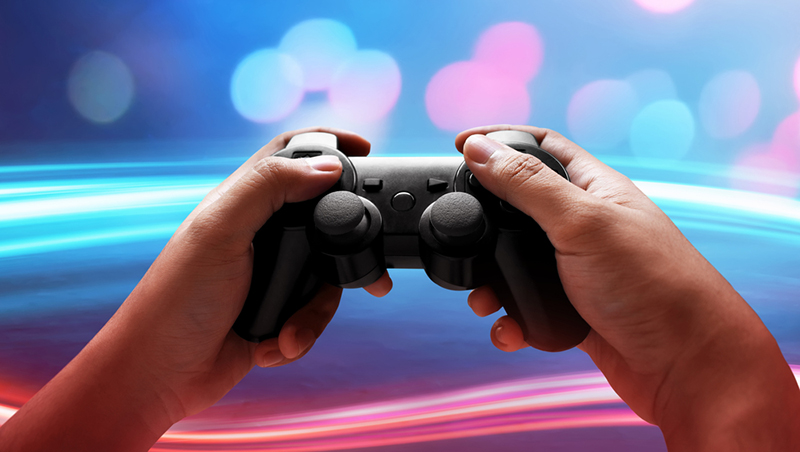Getting the edge on competitive gaming
With the popularity of eSports exploding, there's a potentially lucrative opportunity for resellers

What is eSports?
The world of eSports is one of the fastest growing forms of entertainment in the world. eSports puts teams of video game players against each other online or in real life against other opponents in a game with the winners being typically awarded a cash prize as well as global prestige.
Last year, team-based strategy game Dota 2 saw 16 teams compete internationally for an incredible $18m prize pool. League of Legends drew in 36m unique viewers for its 2015 World Championship Finals, with a peak of 14m concurrent viewers. To put this into perspective, if Riot had invited everyone to watch the finals in the same place, they would have needed a venue more than 1,800 times the size of London’s O2 arena, or the entire country of Canada.
Where is it going?
League of Legends Worlds is a perfect example showcasing the growth of eSports. In 2012 it saw a peak of 1.1m concurrent viewers tune in to watch the Finals. In 2013 that rose to 8.5m and rose again in 2014 to 11.2m. The average amount of time spent watching the finals has grown as well with the average viewer spending over an hour watching in a single viewing. eSports tournaments like League of Legends Worlds are already exceeding the likes of popular sporting events such as the 2015 Wimbledon Men’s Singles final that was watched by 9.2m people.
As our society becomes more and more digital it makes perfect sense that our sports will as well. With the rise of more affordable hardware and improved internet infrastructures there’s little in the way to stop eSports becoming a bigger sport than football, and it’s not unreasonable to assume that one day it can even become an Olympic sport.
Why is it important to the channel?
ChannelPro Newsletter
Stay up to date with the latest Channel industry news and analysis with our twice-weekly newsletter
Today, eSports fans are spending more and more on hardware such as gaming PCs, peripherals and monitors. It is good to note than gaming PCs are no longer defined by £1,000 solutions, huge tower 60L cases, water cooled CPU and graphic card systems and terabytes of storage.
eSports helps drive our APU products, such as the A10-7870K processor, which can provide a fluid 60FPS with max settings enabled in the latest eSports titles at a budget friendly cost. Imagine now a PC costing £299-£399 playing every top online game at the right settings – the capability is here today.
Resellers now have the opportunity to become eSports solution specialists, not just around a specific game but around the hardware that connects the player to that game. Key PC components are an important factor when creating an eSports PC, but peripherals such as headphones, keyboards, mice, and monitors all help to deliver a conducive environment to practice, compete, and win in eSports.
A gamer five years ago was far more likely to buy their own PC. Today, we see an explosion of gamers who want to have the experience of upgrading and building their own PC, or buying a tailor made PC from a system specialist. The specialist system builders are playing a huge part in this new generation of customer. Their ability to help configure and tailor a PC around specific requirements for each individual is key.
AMD has already been involved in eSports whether it’s investing in teams or creating the latest generation of hardware to give gamers the extra edge.
It’s no secret that eSports is rapidly growing in strength from year-to-year with legions of fans following the scene religiously. The eSports market has every opportunity to match and exceed even the most popular of sporting tournaments, and with millions of new gamers joining the online following, eSports presents a fantastic opportunity for the channel to get involved.
Neil Spicer is EMEA senior sales manager at AMD
-
 Asus ZenScreen Fold OLED MQ17QH review
Asus ZenScreen Fold OLED MQ17QH reviewReviews A stunning foldable 17.3in OLED display – but it's too expensive to be anything more than a thrilling tech demo
By Sasha Muller
-
 How the UK MoJ achieved secure networks for prisons and offices with Palo Alto Networks
How the UK MoJ achieved secure networks for prisons and offices with Palo Alto NetworksCase study Adopting zero trust is a necessity when your own users are trying to launch cyber attacks
By Rory Bathgate